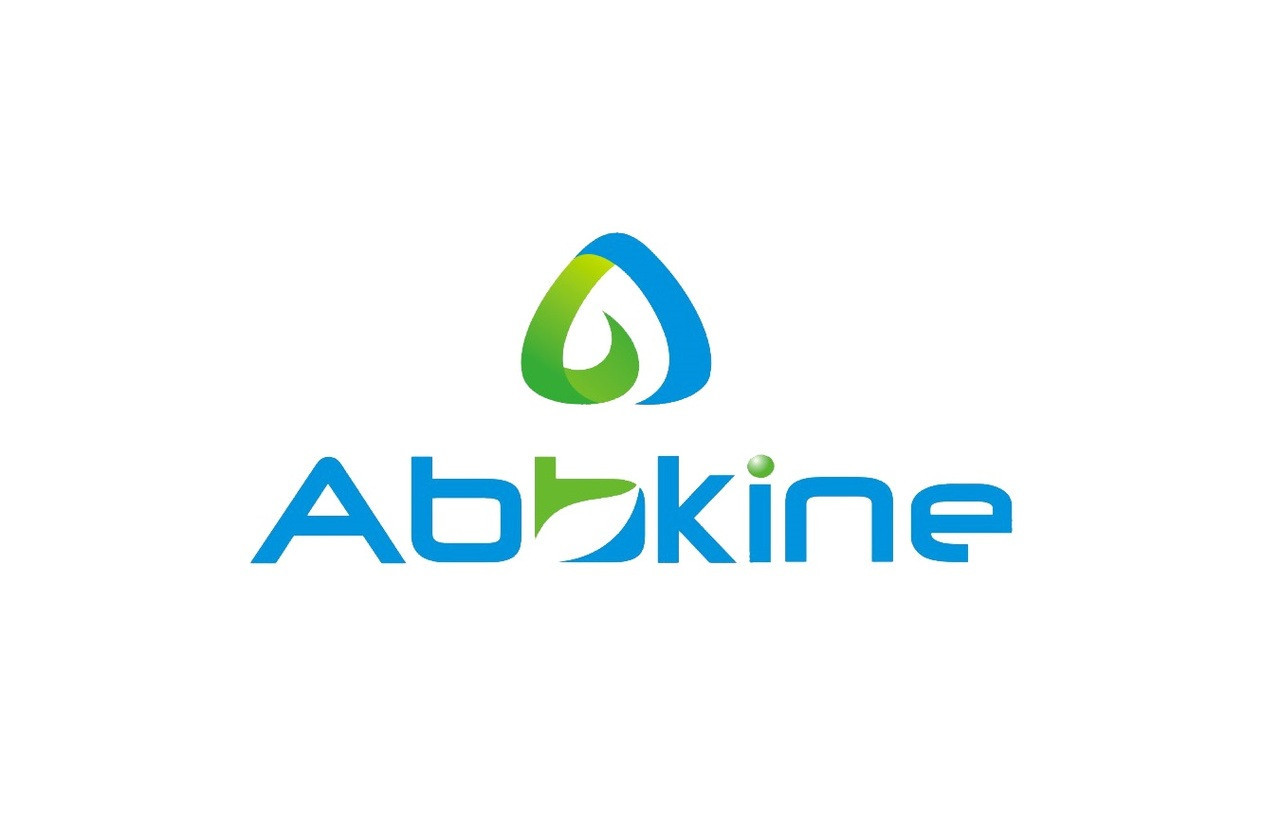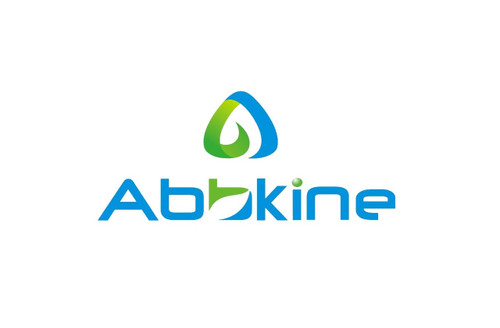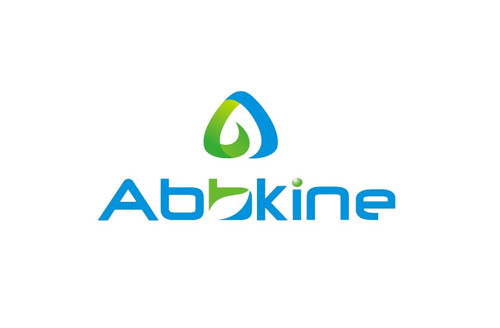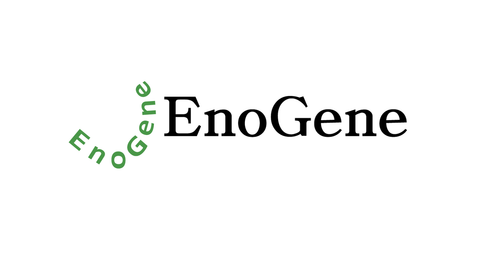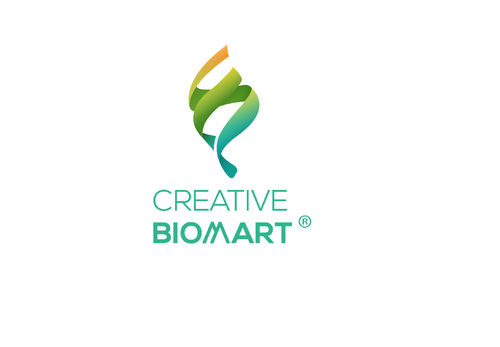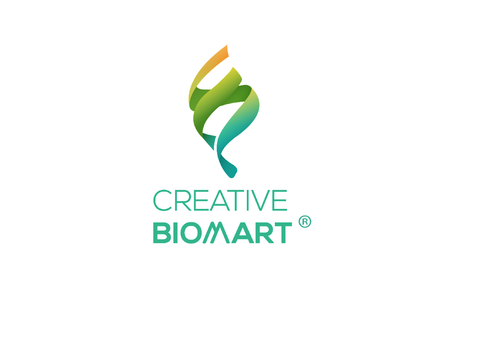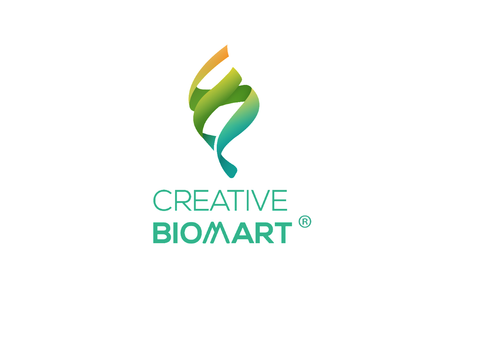Product Description
Human CD28 protein, Fc tag (Animal-Free) | PRP2031 | Abbkine
Product Category: Cytology
Application: Cytokines
Product Type: Cytokines (Animal-Free)
Sequence: Amino acid sequence derived from human CD28 protein (P10747-1, Asn19-Pro152) was expressed with the Fc region of human IgG1 at the C-terminus.
Activity: N/A
protein Lenght: The recombinant human CD28 protein consists of 371 amino acids and predicts a molecular mass of 42 kD. The apparent molecular mass of the human CD28 is approximately 53-70 kDa in SDS-PAGE under reducing conditions due to glycosylation.
Preparation: HEK 293 Cells
Purity: >94% as determined by SDS-PAGE
Formulation: 0.22 µm filtered protein solution is in PBS, pH 7.4.
Kit Component: N/A
Features & Benefits : Endotoxin: <0.1 EU per μg of the protein as determined by the LAL method.
Molecular Weight: 42 kDa
Usage Note: Always centrifuge tubes before opening. It is recommended to reconstitute the lyophilized human CD28 protein using the buffer we provided not less than 100 µg/mL, which can then be further diluted to other aqueous solutions.
Storage Conditions: Lyophilized Human CD28 protein, Fc tag (Animal-Free) should be stored desiccated below -20°C. Upon reconstitution, the protein should be stored at 4°C between 2-7 days and for future use below -20°C. For long term storage it is recommended to add a carrier protein (0.110% HSA or BSA) . Please prevent freeze-thaw cycles.
Shipping: The product is shipped at ambient temperature.
Background: The cluster of differentiation (CD) antigen CD28 is a 44 kDa, disulphide-bonded, homodimeric glycoprotein, which is a costimulatory molecule expressed on the surface of T lymphocytes and plays an important role in the activation of T cells. It mediates the co stimulation of T cells by binding to B7 molecules on APC (antigen presenting cells) . CD28 signals play a key role in many T cell processes, including cytoskeletal remodeling, production of cytokines, survival, and differentiation. Blocking CD28/B7 interactions may be useful in preventing unwanted activation in allergy and autoimmune diseases, whereas enhancing this interaction can promote tumour rejection. Thus, CD28 and its signalling pathways may prove to be useful targets in the development of new therapeutic treatments.
Alternative Names: CD28 Molecule;T-Cell-Specific Surface Glycoprotein CD28;CD28 Antigen;T-Cell-Specific Surface Glycoprotein;CD28 Antigen (Tp44) ;Tp44;CD28;TP44
Search Names: CD28 Molecule;T-Cell-Specific Surface Glycoprotein CD28;CD28 Antigen;T-Cell-Specific Surface Glycoprotein;CD28 Antigen (Tp44) ;Tp44;CD28;TP44
Tag: CD28
 Euro
Euro
 USD
USD
 British Pound
British Pound
 NULL
NULL

